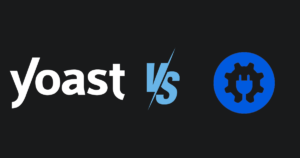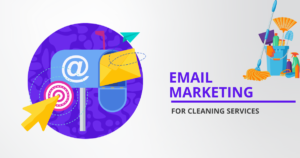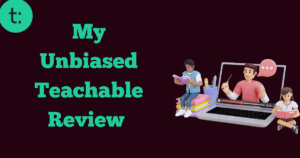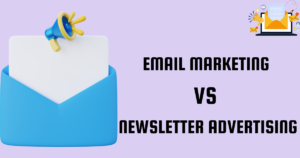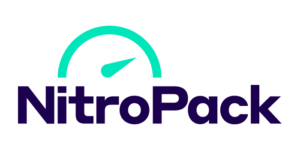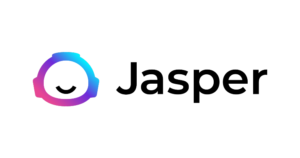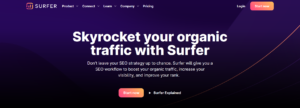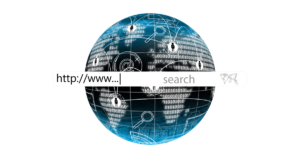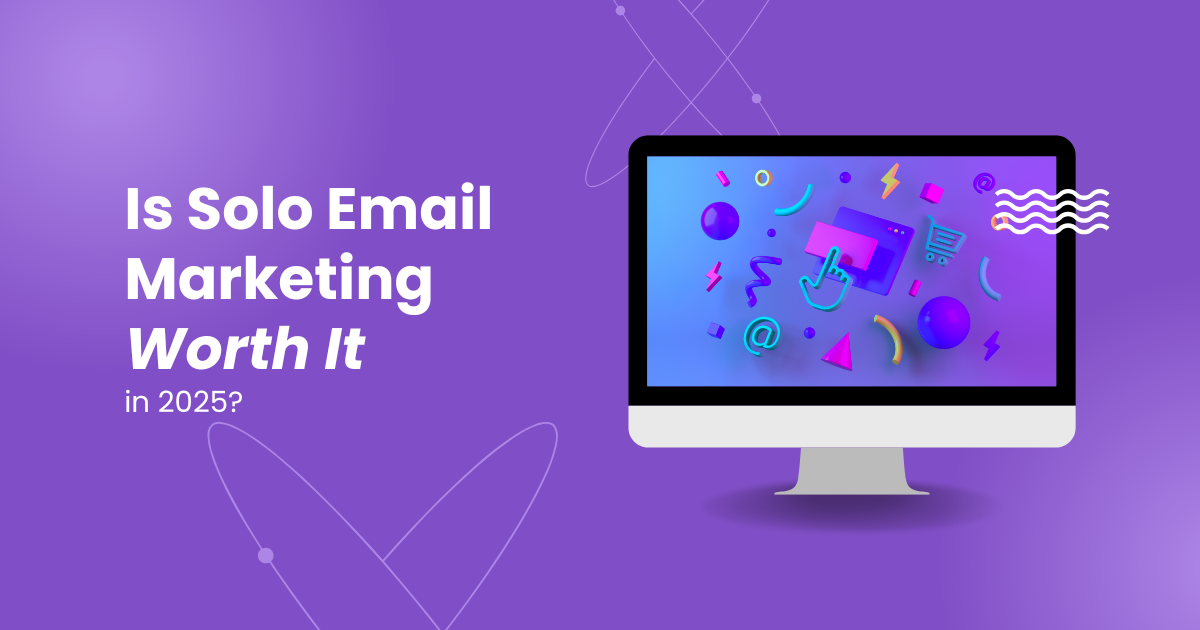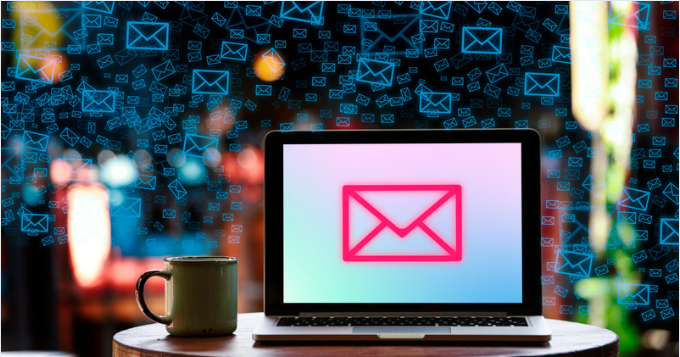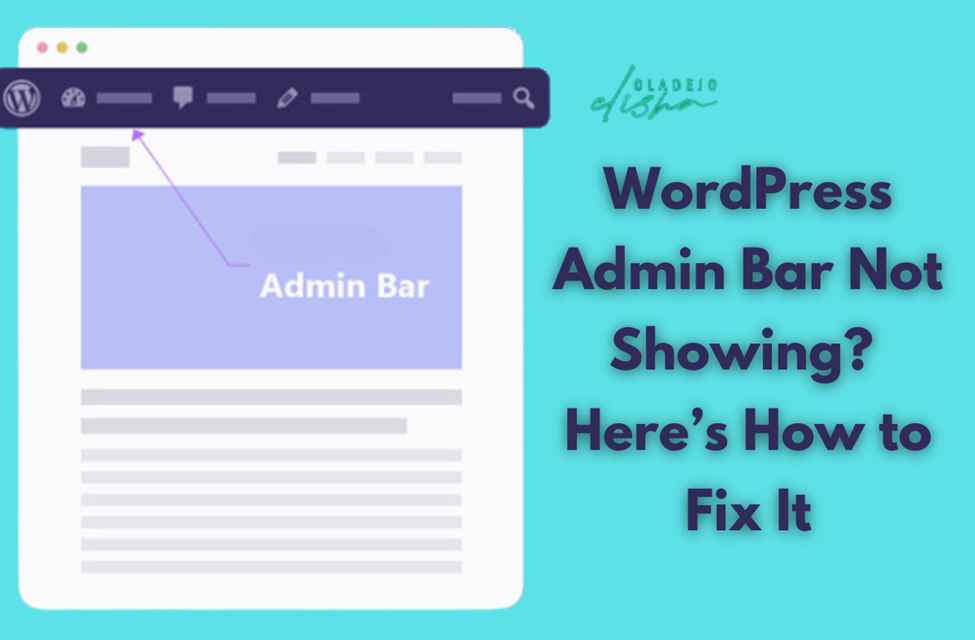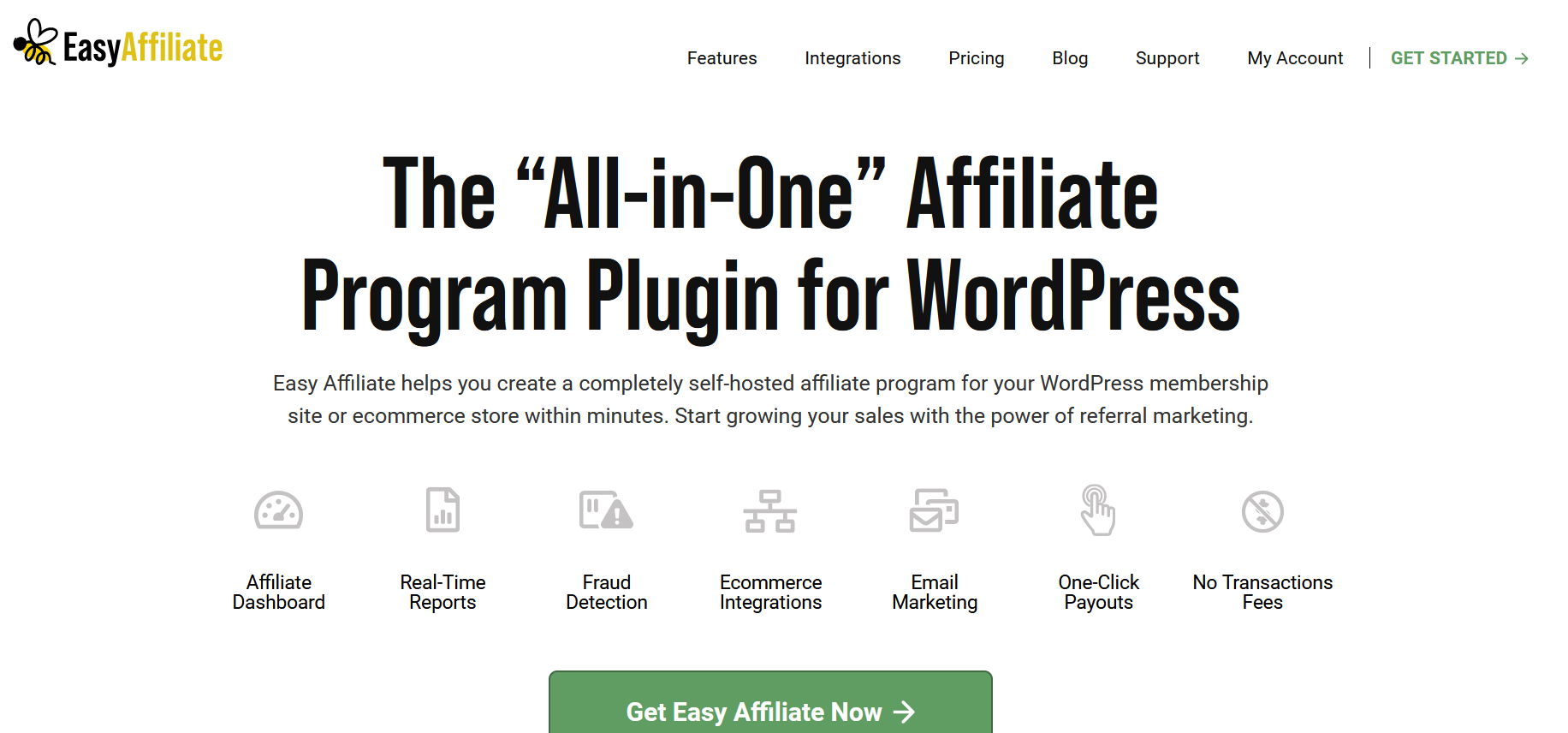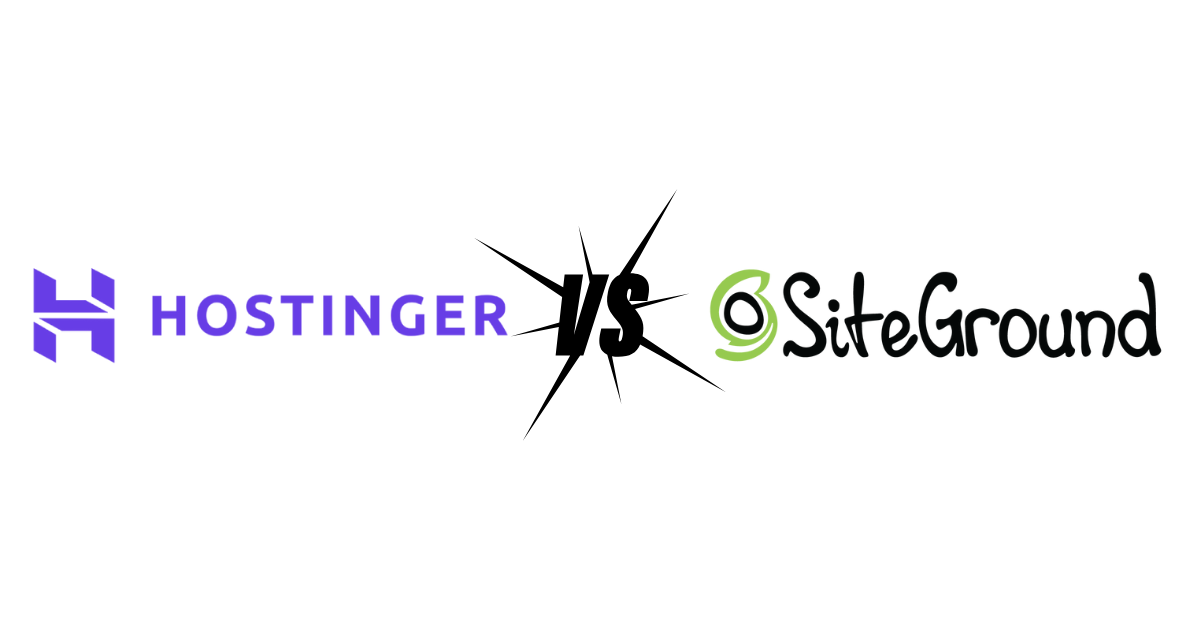Gone are the days when your most advanced digital task was setting up an email signature.
Today, digital literacy skills are the new currency in the job market. From mastering digital literacy courses to brandishing a digital literacy certificate, these are the new tools of trade in our tech-driven era.
Whether you’re an aspiring digital guru or just trying to keep up with the digital natives, understanding digital technologies isn’t just nice to have; it’s a career supercharger. Let’s dive into why upgrading your digital skills could be the best update you’ll ever make.
What is a Digital Literacy Certificate?
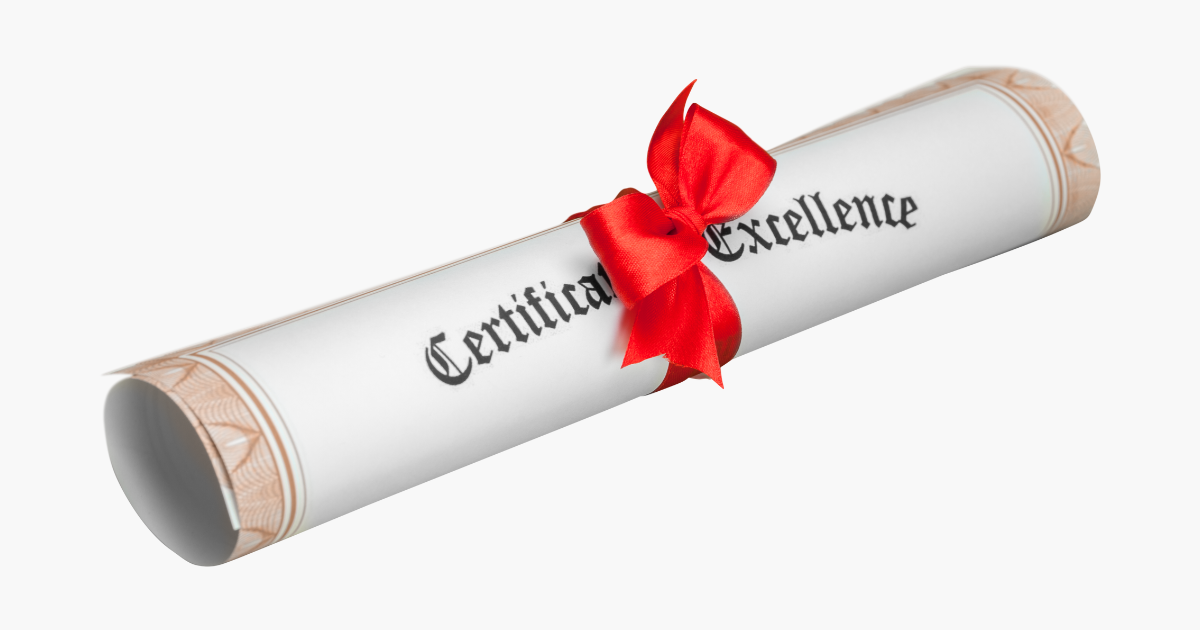
A digital literacy certificate is a recognition or proof that someone has learned important skills to use computers, the internet, and other digital technologies effectively.
A prime example of this is the IC3 Digital Literacy Certification, which acts as a structured roadmap for individuals to become digitally literate. This certification is broken down into levels, each designed to build your prowess incrementally.
From the foundational aspects at Level 1, where students learn the basics of digital environments, to the more advanced stages, where ethical issues and complex communication methods are mastered, these certifications are meticulously crafted. They’re not just for students, though.
Professionals eyeing that master’s degree or seeking to upscale their skills in the digital domain can also find immense value here.
This comprehensive approach to digital literacy ensures that individuals are not just proficient in using digital tools but also in understanding the broader context in which these tools operate, including the ethical issues and challenges that come with our digital age.
Benefits of a Digital Literacy Certificate In Career Elevation

This credential is far more than a piece of paper; it’s a testament to your ability to effectively communicate information, navigate complex technology, and utilize internet resources in daily life.
Employers across various sectors recognize and value these certifications, seeing them as a reliable indicator of a candidate’s preparedness for the digital demands of modern workplaces.
By completing a digital literacy program, you’re not just learning how to access and create digital content but also gaining a competitive edge in the job market.
Those with such certifications often find themselves in a favorable position, boasting higher average incomes and more robust career opportunities, especially in the burgeoning IT sector.
These courses provide practical, hands-on instruction, ensuring that what you learn is immediately applicable in the real world.
Moreover, a digital literacy certificate signals to potential employers that you are committed to continuous learning and staying abreast of technological advancements.
This is crucial in a world where the school of technology is always in session and the curriculum is ever-evolving. By embracing this journey of learning, you position yourself not just as a job seeker but as a valuable, future-ready asset in any organization.
Digital Literacy Skills

To thrive in our digital world, gaining digital literacy skills is essential. These skills are not just about understanding and using technology; they involve a holistic approach to navigating, creating, and interacting in a digital space.
Students and professionals alike can benefit from enhancing these skills through various programs and courses available online and in schools.
One of the key steps to acquiring digital literacy skills is to start with the basics, such as improving your computer skills and understanding online safety. These foundational skills are crucial in today’s internet-centric environment. As you progress, advanced tech skills, including coding or understanding computer memory, can be developed through platforms like Codecademy.
Furthermore, being digitally literate also means being able to critically evaluate online content. This skill is vital in distinguishing credible sources from unreliable ones, a necessity in both academic and professional settings. Tools like Google SafeBrowse can be helpful in assessing the safety and credibility of websites.
Improving digital literacy in the workplace involves continuous learning and adapting to new tools and technologies. Business owners can foster a culture of digital innovation, while employees can engage in digital training programs and stay updated on industry trends.
For personal growth, digital literacy enhances the ability to navigate the digital landscape confidently. This includes using digital tools for personal management, like online calendars, and understanding how to stay safe online. Participating in online courses and tutorials can be an effective way to learn and stay current with emerging technologies.
In summary, whether you’re a student, educator, or professional, developing digital literacy skills is key to succeeding in our increasingly digital world. These skills help you to effectively communicate, create, access resources, and succeed in various digital environments. Remember, the journey to digital literacy involves continuous learning and adaptation to the ever-evolving digital landscape.
Demonstrating Digital Literacy in the Job Market

In today’s job market, showcasing your digital literacy skills can set you apart. On your resume, it’s crucial to highlight specific programs and tools you’re proficient in.
Instead of just mentioning computer skills, detail your experience with specific software or platforms relevant to the job you’re applying for. This could include anything from advanced proficiency in office suites to experience with specific internet resources or software used in your field.
Incorporating achievements from school or university projects where you’ve applied these skills can also be a powerful testament to your digital capabilities.
During job interviews, be prepared to discuss instances where you’ve used these skills effectively. This could be in a teaching role, as part of a team project, or in a situation where your digital expertise directly contributed to the success of a project.
Anecdotes from your educational or professional background where you utilized digital resources to solve problems or enhance a project can be particularly compelling.
Creating a digital portfolio or a personal website can serve as a practical demonstration of your digital literacy. This platform allows you to showcase your proficiency with web design and content management systems, and it provides a direct way for potential employers to assess your skills.
Remember, your digital portfolio is not just a collection of work; it’s a representation of your ability to effectively utilize digital tools in a professional context.
Overall, demonstrating digital literacy in the job market is about showcasing not just your ability to use technology, but your understanding of how these skills apply in a professional environment.
By integrating evidence of your digital skills into your resume, interview responses, and online presence, you convey to potential employers that you’re not only competent but also forward-thinking and adaptable in a digital age.
Conclusion

In today’s fast-paced digital age, a digital literacy certificate is more than just an educational achievement; it’s a vital tool for career advancement.
These certifications are essential for anyone looking to stay competitive and relevant in a variety of professional fields.
Embrace the opportunity to enhance your digital literacy, and consider obtaining a certificate to unlock new career potentials and navigate the digital world with confidence and expertise.





